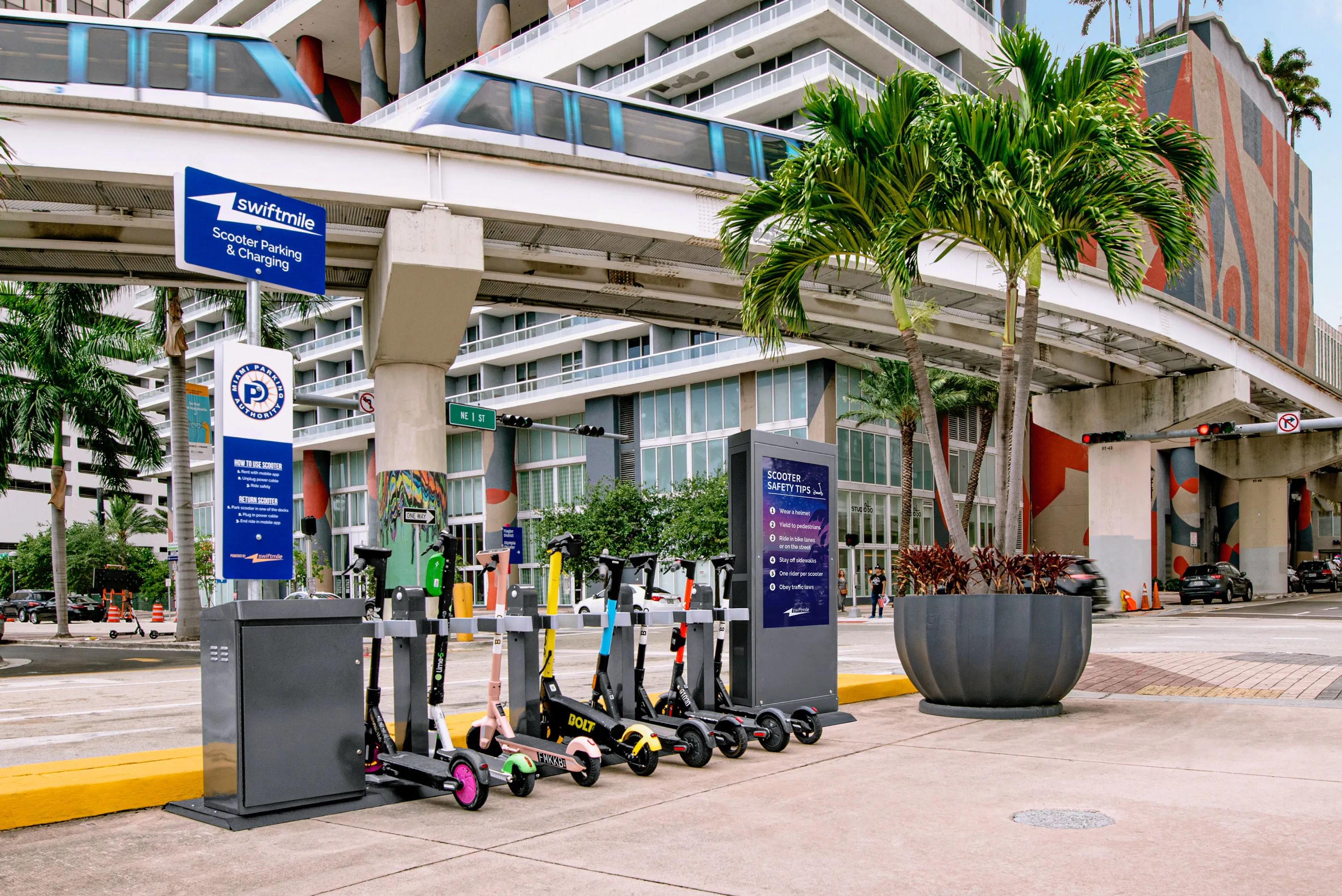Swedish company Voi has launched its electric scooters in Lisbon as part of a wider ambition to expand in Europe.
In addition to Portugal, the company says it plans to bring its e-scooters to Italy and France over the coming months.
Frederico Venâncio, general manager of Voi Portugal, says “Although we want to expand rapidly, we want to do it in a sustainable way and in line with the local rules of each city.”
The Voi app allows users to locate and unlock an e-scooter for €1. They are then charged €0.15
March 4, 2019
Read time: 1 min

Swedish company Voi has launched its electric scooters in Lisbon as part of a wider ambition to expand in Europe.
In addition to Portugal, the company says it plans to bring its e-scooters to Italy and France over the coming months.
Frederico Venâncio, general manager of Voi Portugal, says “Although we want to expand rapidly, we want to do it in a sustainable way and in line with the local rules of each city.”
The Voi app allows users to locate and unlock an e-scooter for €1. They are then charged €0.15 per minute.









